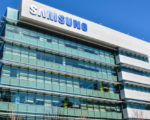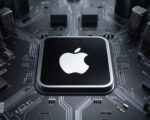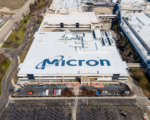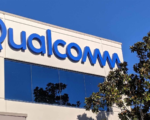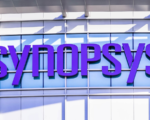Samsung Reports Disappointing Q3 Profit Guidance Amid AI Chip Challenges
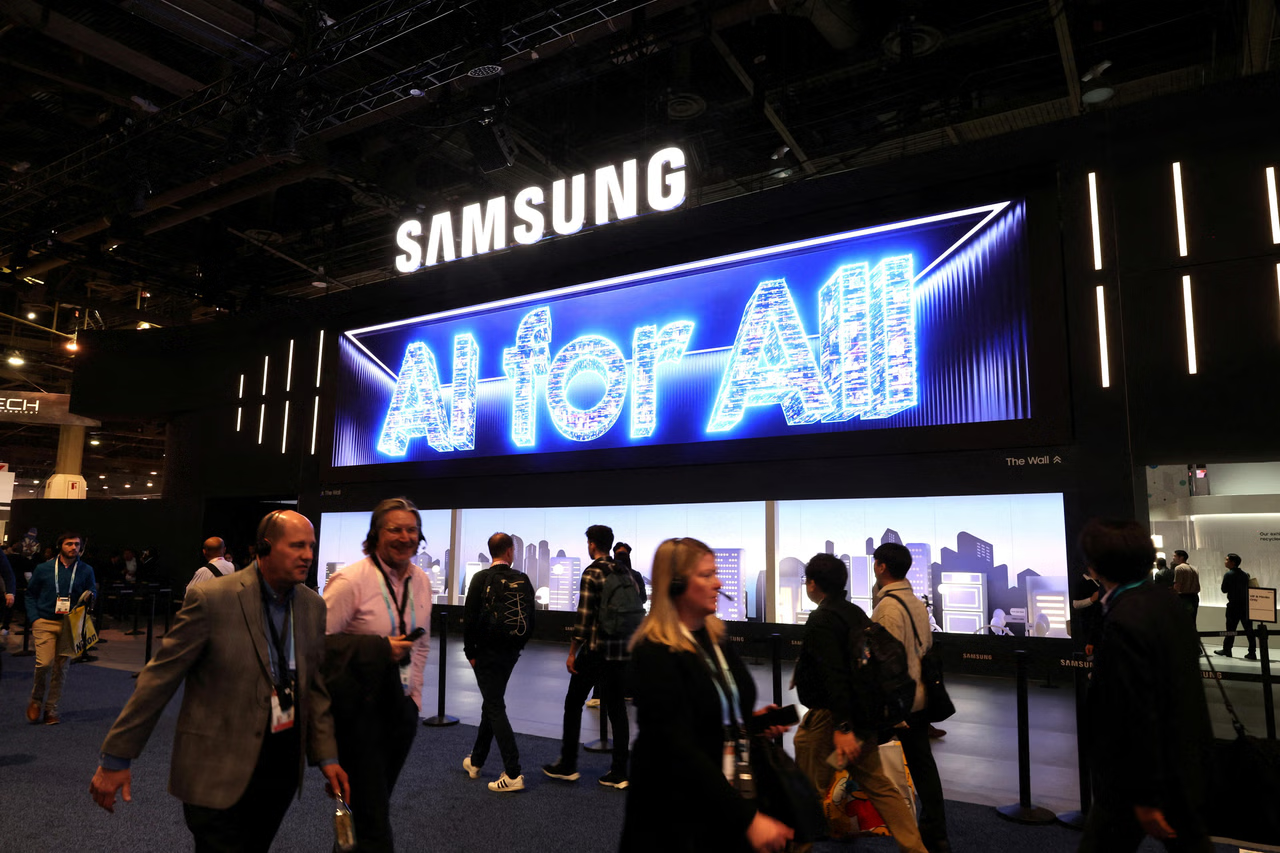
Samsung Electronics, the world’s largest memory chip producer, reported lower-than-expected third-quarter profits on Tuesday, despite a year-on-year surge. The South Korean tech giant estimated operating profits of around 9.10 trillion won (approximately $6.7 billion) for the quarter ending in September. While this figure represents a massive 274% increase from the same period last year, it fell short of the 11.456 trillion won ($7.7 billion) forecast by analysts polled by LSEG.
Samsung’s projected revenue for the quarter stood at 81.96 trillion won ($61 billion), also missing expectations. The disappointing guidance comes amid the company’s struggles to manage its memory chip business and delays in shipments of its advanced high-bandwidth memory (HBM3E) chips.
In an unusual move, Jun Young-hyun, Samsung’s Vice Chairman and new head of the Device Solutions Division, issued a public apology following the release, acknowledging the company’s challenges. The performance of Samsung’s memory business has been negatively affected by “one-time costs and negative effects,” including inventory adjustments by mobile customers and increased competition from Chinese memory producers.
The company also noted that delays in shipments of its cutting-edge HBM3E chips to major clients added to its difficulties. These high-performance chips are critical for artificial intelligence applications, a growing sector where Samsung is trying to gain ground.
Despite being the dominant player in memory chips used in devices such as laptops, servers, and PCs, Samsung has seen weakened demand for legacy chips in these sectors. This trend, coupled with a less aggressive market share strategy, has hurt the company. “Samsung is not taking that market share as aggressively as we have seen in the past,” remarked Daniel Yoo, head of global asset allocation at Yuanta Securities Korea.
Macquarie Equity Research analysts warned that the fall in demand for conventional DRAM (dynamic random access memory) chips could have a more significant impact on Samsung than on its smaller rivals. DRAM chips are essential for PCs and workstations, and Samsung has traditionally relied on their steady demand.
In response to the market challenges, Samsung has reportedly instructed its subsidiaries to reduce staff by up to 30% in certain divisions, according to sources cited by Reuters. The company’s shares, which are down 22% year-to-date, fell by another 0.98% after the release of the third-quarter profit guidance. Samsung is expected to release more detailed financial results later this month.






